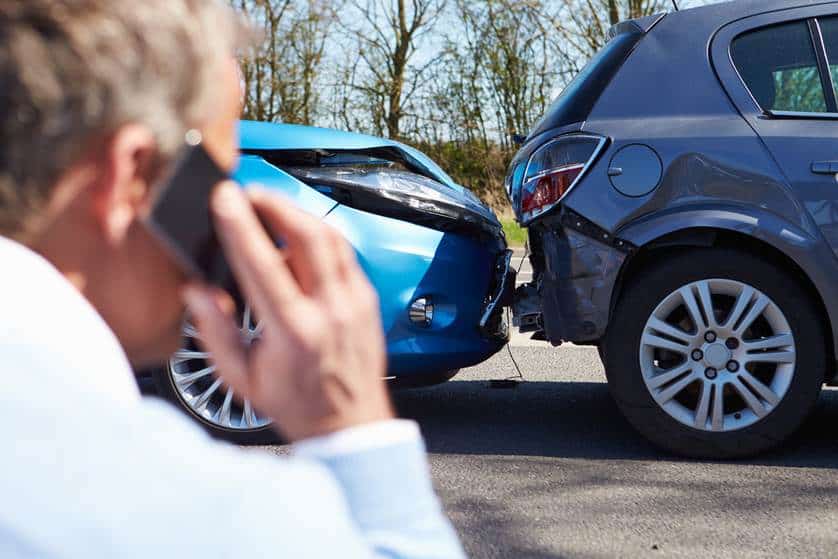Experiencing a personal injury accident in Las Vegas can be overwhelming. Knowing what to do next is crucial. Your first step is ensuring safety. Move to a safe spot and check for injuries. Call emergency services immediately. This helps you get medical attention and an official report. Document the scene. Take pictures and note details. This evidence is important for your claim. Next, gather contact information from witnesses. Their accounts may support your case. Seeking medical care is essential, even if injuries seem minor. Some injuries aren’t visible right away but can worsen. Protect your rights by contacting an auto accident lawyer. They guide you through the legal process and help secure compensation. Lastly, inform your insurance company. Provide facts but avoid detailed conversations without legal advice. Acting promptly and wisely ensures your well-being and strengthens your case. Stay calm and focus on the essential steps.
Immediate Actions Post-Accident
Once you have ensured safety, focus on gathering information. Collect the names, phone numbers, and addresses of everyone involved, including witnesses. This helps piece together what happened. Next, write down details about the accident. Include time, weather conditions, and road situations. These details are crucial for building your case.
Here’s a simple comparison of what to do and what not to do after an accident:
| Do | Do Not |
|---|---|
| Call emergency services | Leave the scene |
| Document the scene | Admit fault |
| Seek medical care | Neglect injuries |
| Contact an auto accident lawyer | Handle claims alone |
Understanding the Legal Process
After the initial steps, understanding the legal process is key. An auto accident lawyer helps navigate the complexities of personal injury claims. They ensure all paperwork is correct and deadlines are met. This guidance is vital for securing the compensation you deserve.
The legal process usually involves filing a claim, negotiating settlements, and possibly going to court. Each step requires careful attention to detail. A lawyer provides the expertise needed to present a strong case. They work on your behalf to achieve the best possible outcome.
Medical Care and Follow-Up
Even if injuries seem minor, seeing a doctor is critical. Some injuries, like whiplash or concussions, may not show symptoms immediately. Early diagnosis and treatment prevent complications and strengthen your case. Keep all medical records and follow doctor’s advice.
Regular follow-ups ensure your recovery is on track. Document each visit and any changes in your condition. This information supports your claim and demonstrates the accident’s impact on your life.
Insurance Claims and Coordination
Communicating with insurance companies requires caution. Provide necessary details without admitting fault. Let your lawyer handle complex discussions. They understand insurance tactics and strive to protect your rights.
Coordinating medical bills and repairs through insurance can be overwhelming. Keep organized records of all communications and expenses. This makes the process smoother and prevents unnecessary delays.
Caring for Your Emotional Health
Accidents can be traumatic, impacting mental health. Seeking support from loved ones or counseling services helps. Consider talking to a professional if anxiety or stress affects daily life.
Legal and medical processes may feel daunting. Lean on support networks to cope with these challenges. Remember, healing takes time, and it’s okay to ask for help.
Being Prepared for the Unexpected
Preparation improves outcomes in stressful situations. Knowing these steps helps make informed decisions. Regularly review your insurance policy and understand your coverage. Ensure you have emergency contacts handy. This preparedness brings peace of mind and enhances safety.
Personal injury accidents are challenging. Acting wisely and promptly makes recovery and legal processes manageable. By understanding your rights and responsibilities, you can focus on healing and moving forward.














